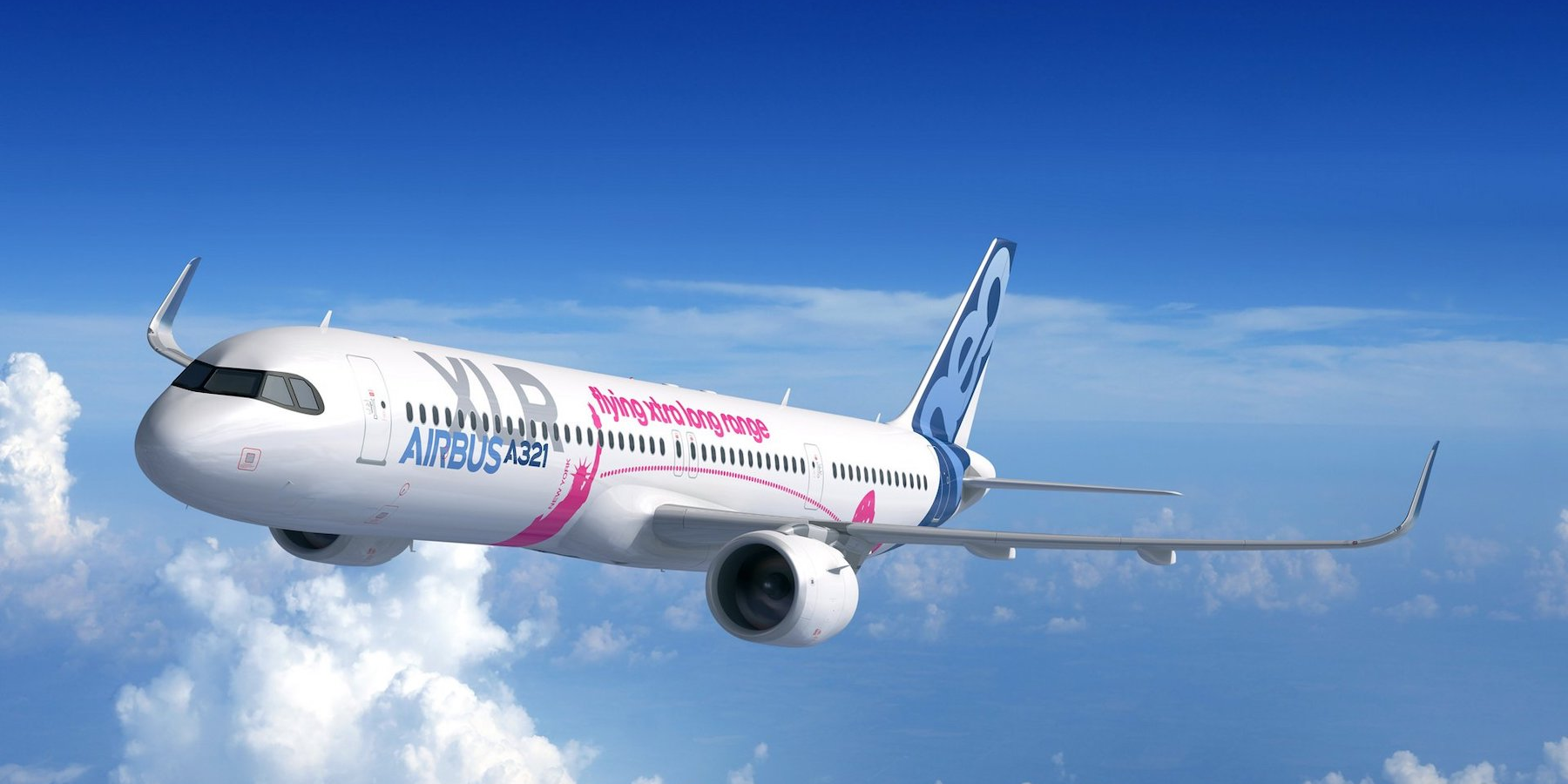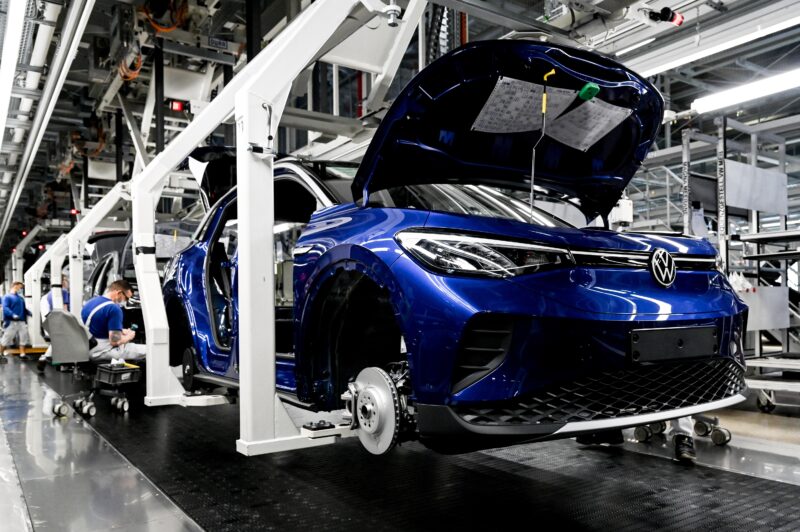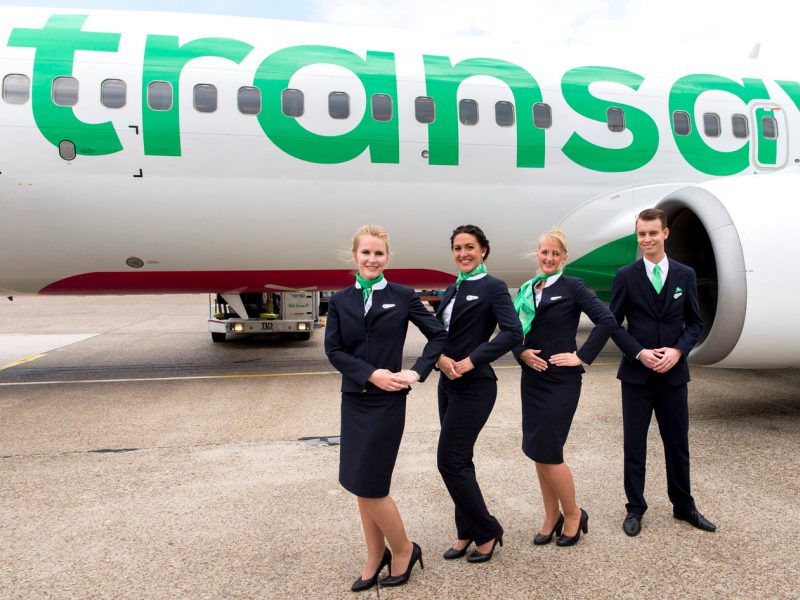- Airbus says it has developed technology to fly passengers jets with no pilots at all.
- Its chief commercial officer, Christian Scherer, said that the barriers which remain are human: convincing regulators and passengers to accept the planes.
- “This is not a matter of technology – it’s a matter of interaction with the regulators, the perception in the traveling public,” Scherer told The Associated Press.
- Trust in the airline industry remains low after two Boeing 737 Max 8 craft crashed within five months of each other, killing all 346 people onboard.
- Scherer said the crashes “highlighted and underlined the need for absolute, uncompromising safety in this industry.”
- Visit Business Insider’s homepage for more stories.
Airbus has developed technology to fly passenger jets with no pilots, and is ready to deploy it today, according to one of its top executives.
But the company knows that autonomous commercial flight remains a distant prospect because of barriers which are human, rather than technical.
Christian Scherer, Airbus’s chief commercial officer, told The Associated Press (AP) about the autonomous technology at the Paris Air Show on Monday.
He said: “This is not a matter of technology – it’s a matter of interaction with the regulators, the perception in the traveling public.”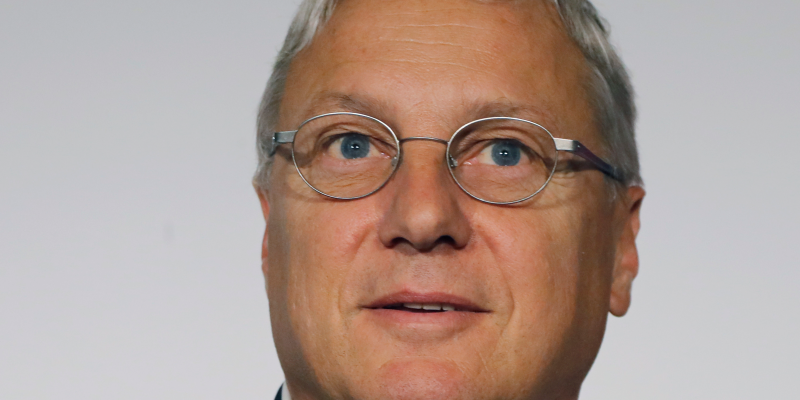
"When can we introduce it in large commercial aircraft? That is a matter we are discussing with regulators and customers, but technology-wise, we don't see a hurdle."
Scherer did not elaborate on the technology or how it might work.
A new survey of 22,000 people conducted by US autonomous software firm Ansys released on Monday showed that 70% of passengers would be willing to fly in fully autonomous aircraft.
No commercial airline offers autonomous commercial flights at the moment, and national regulators are yet to draw up rules for how they should be monitored and operated.
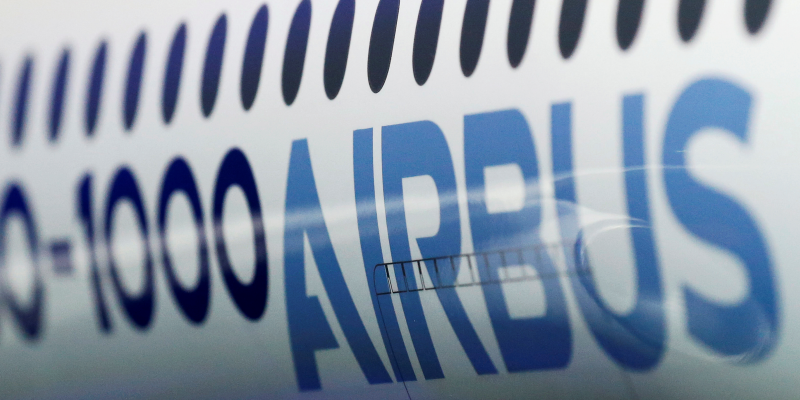
All commercial aircraft are currently flown by human pilots, albeit with a lot of automation. The majority of the legwork of flight, including some automatic landings, is done by in-flight computers - called "fly by wire."
Bob Mann, founder of airline consulting firm R.W. Mann & Co. told Business Insider in 2015 that automated planes "won't happen in my lifetime." He said the reason for this was because autonomous planes would be a nightmare to insure.
A second barrier, cited by pilots, is that automatic technology can malfunction.
Speaking to the Guardian about pilot-less flight in August 2017, Steve Landells, a flight safety specialist for the British Airline Pilots Association, said:
"We have concerns that in the excitement of this futuristic idea, some may be forgetting the reality of pilot-less air travel."
Read more: This is the biggest factor keeping planes from fully flying themselves
"Automation in the cockpit is not a new thing - it already supports operations. However, every single day pilots have to intervene when the automatics don't do what they're supposed to."
Confidence in the commercial airline industry remains low after two Boeing 737 Max 8 craft crashed within four months of each other due to a faulty anti-stall software, killing 346 people.
Faulty automatic anti-stall software - called MCAS - has been blamed for both crashes. Boeing has said the pilots were not to blame.
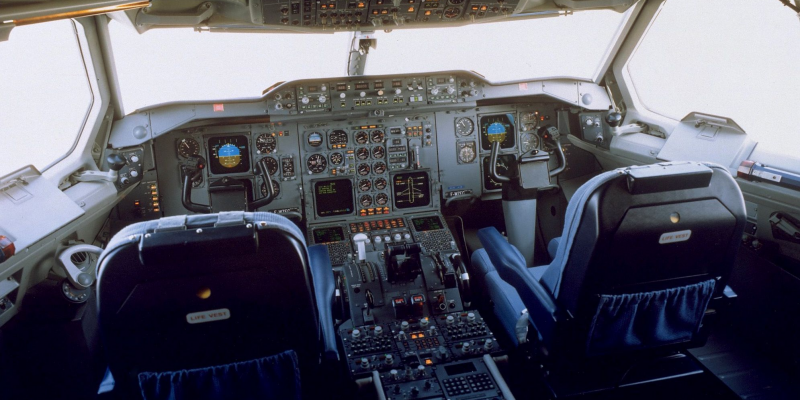
On October 9, 2018, Lion Air Flight 610 crashed into the Java Sea, Indonesia, killing all 189 passengers and crew.
On March 10, 2019, Ethiopian Airlines Flight ET302 crashed moments after taking off for Kenya, killing all 157 onboard.
Scherer told the AP that the Max crashes "highlighted and underlined the need for absolute, uncompromising safety in this industry, whether from Airbus, Boeing or any other plane."
He also said the crashes triggered demand for newer, safer aircraft.
"There is a capacity need that materialized as a result of this, and naturally you have airlines that are frustrated over capacity, that are looking for answers."
Reporting from the Paris Air Show, Business Insider's Sinéad Baker noted that Airbus launched a smaller and more efficient long-haul aircraft at the start of the show, stealing a march on its troubled rival.
The new A321XLR signals Airbus has leaped ahead of Boeing in deciding to create a long-range, single-aisle aircraft, a move that Boeing had considered for years and was deciding whether it should spend an estimated $15 billion on.
Airbus said on Monday it has already received 27 orders for the A321XLR.

